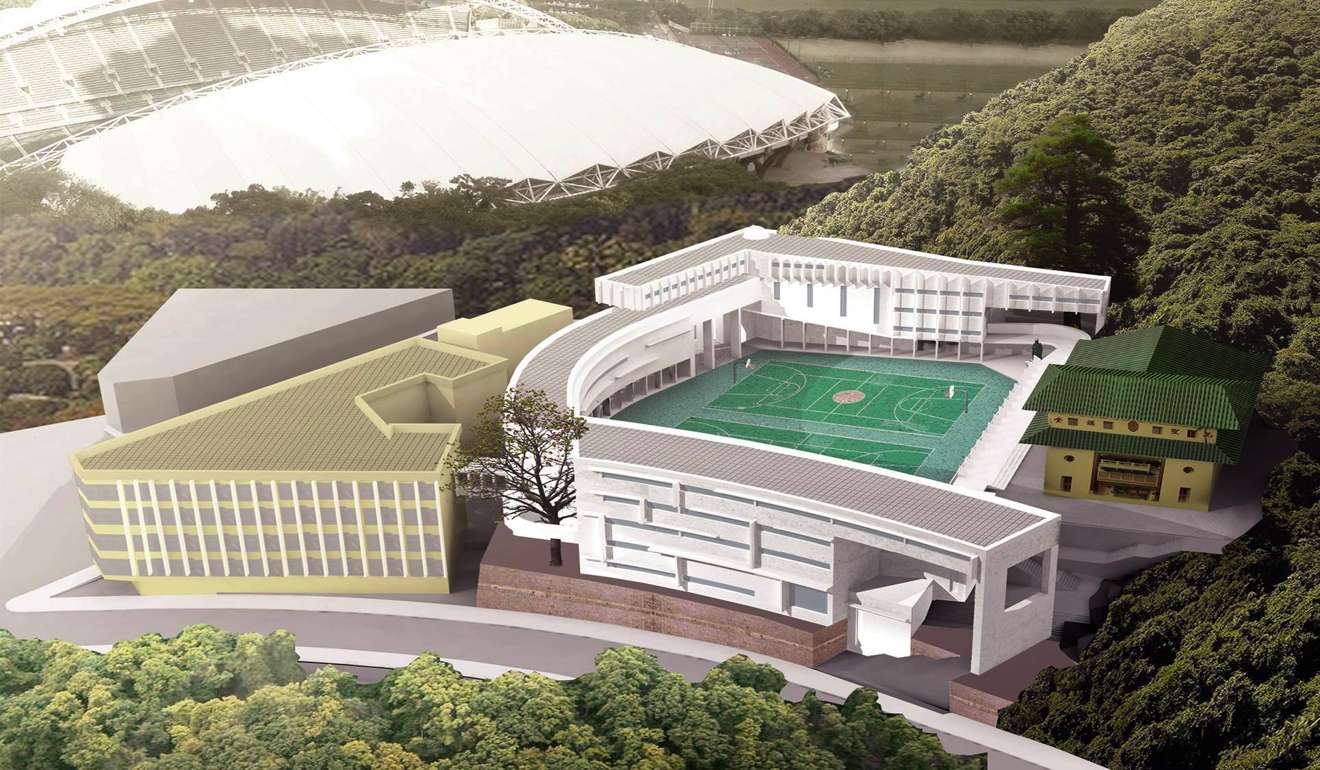
New Hong Kong primary school offers best of East and West ... at a price
The Chinese Academy is the latest addition to an expensive and increasingly crowded market
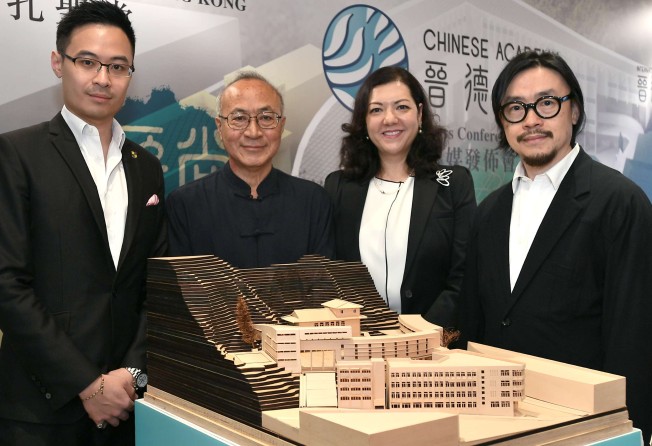
A new primary school opening in September is entering the niche market of costly private schools by offering a curriculum that aims to fuse traditional Chinese principles and Western culture.
The Chinese Academy in Causeway Bay, next to Hong Kong Stadium, is a partnership between Confucius Hall of Hong Kong – a historic institution that promotes Confucianism – and the International Chinese Academy Education Foundation, an education management organisation.

By 2027 the school expects to be at full capacity with 1,200 pupils after adding a kindergarten and secondary school section.
Students will temporarily use classrooms in a renovated building on site while the rest of the campus is being built.
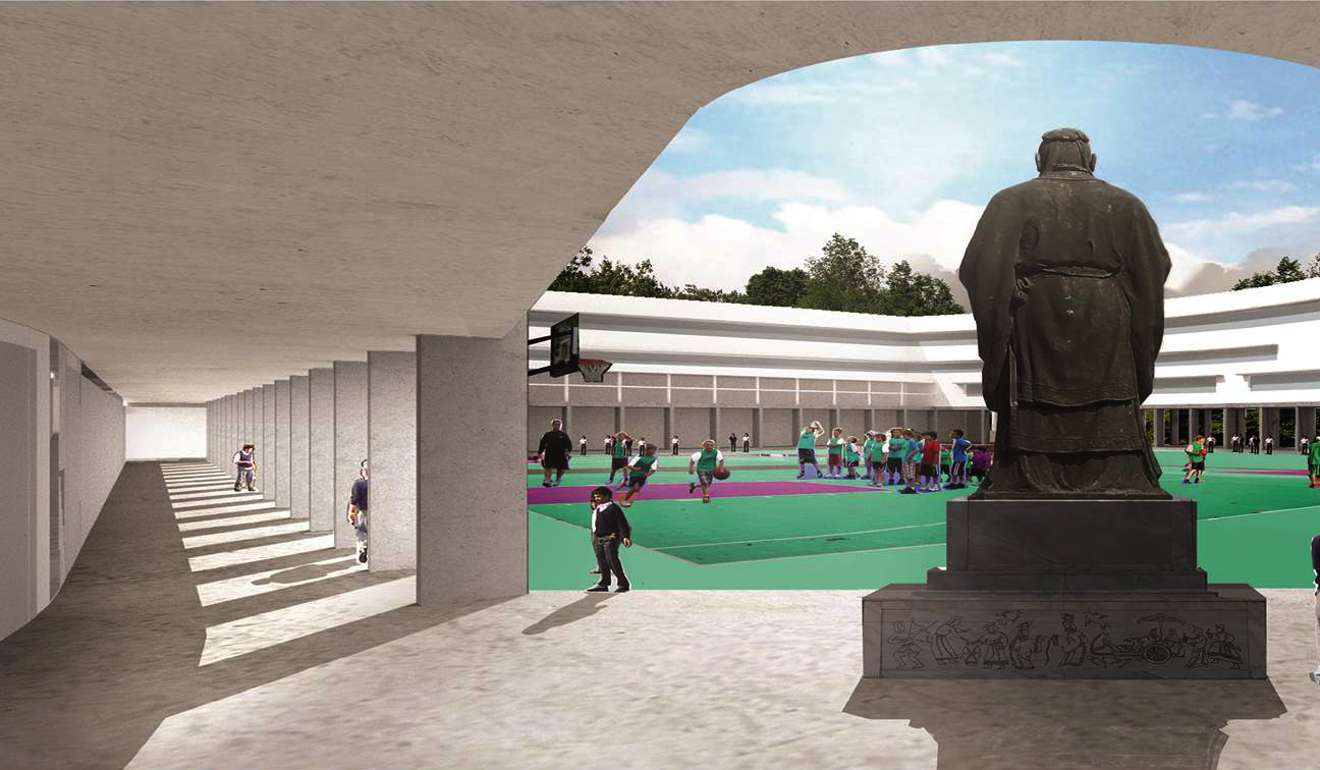
“It is our vision and ambition to combine the best of Chinese and Western cultures in bringing a top-class education to children,” Edmund Kwok Siu-tong, vice-chairman of Confucius Hall, said.
Its high fees make it a likely competitor in an already crowded sector, though it is not an international school so is not bound by a ratio of local to foreign students.

There are at least 77 private primary schools listed on the Education Bureau’s website. Annual tuition fees range from HK$46,500 at Pui Ching Primary School to HK$165,900 at Stamford American School, which also charges an annual capital levy of HK$30,000.
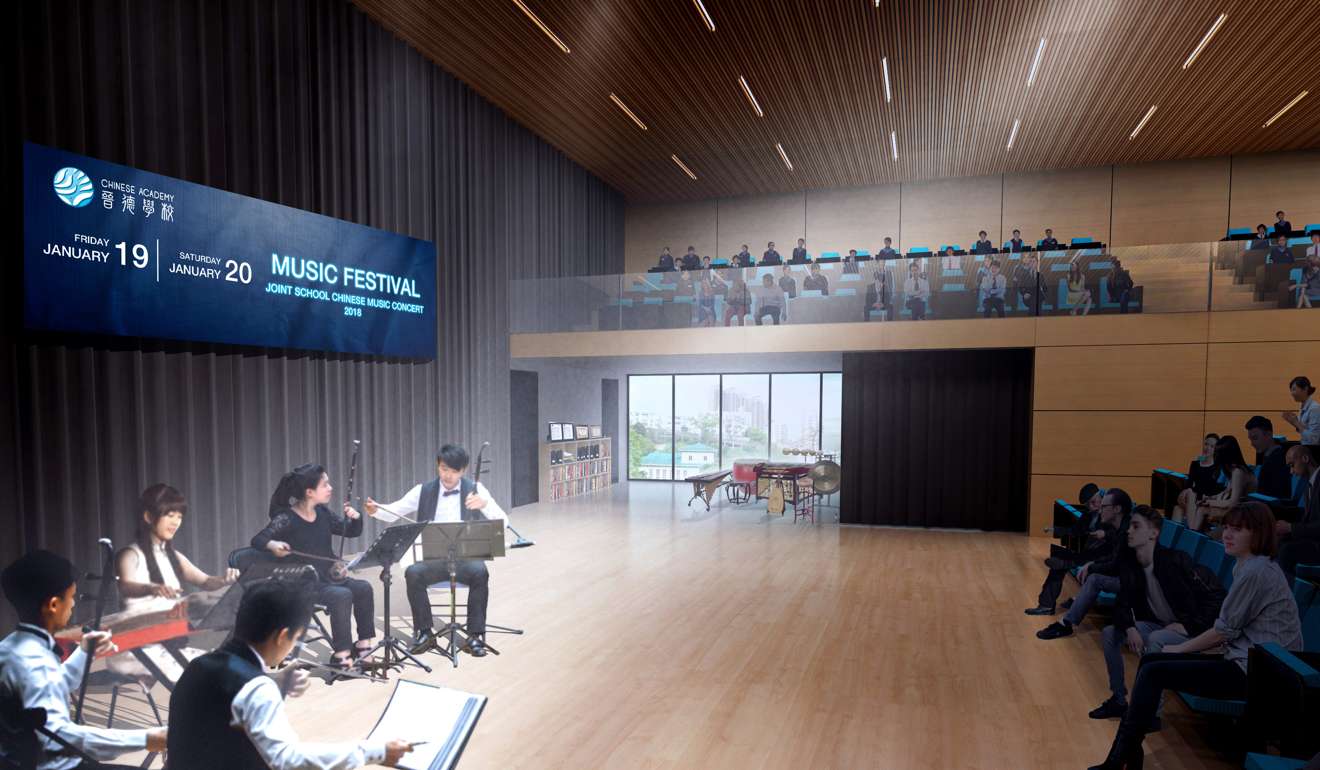
The school’s curriculum will be bilingual, with 60 per cent of its teaching time in English and the rest in Putonghua. Chinese classes will be taught with traditional Chinese writing.
Lessons will incorporate teachings of Chinese philosopher Confucius but also adopt British traditions such as a regular high table dinner.
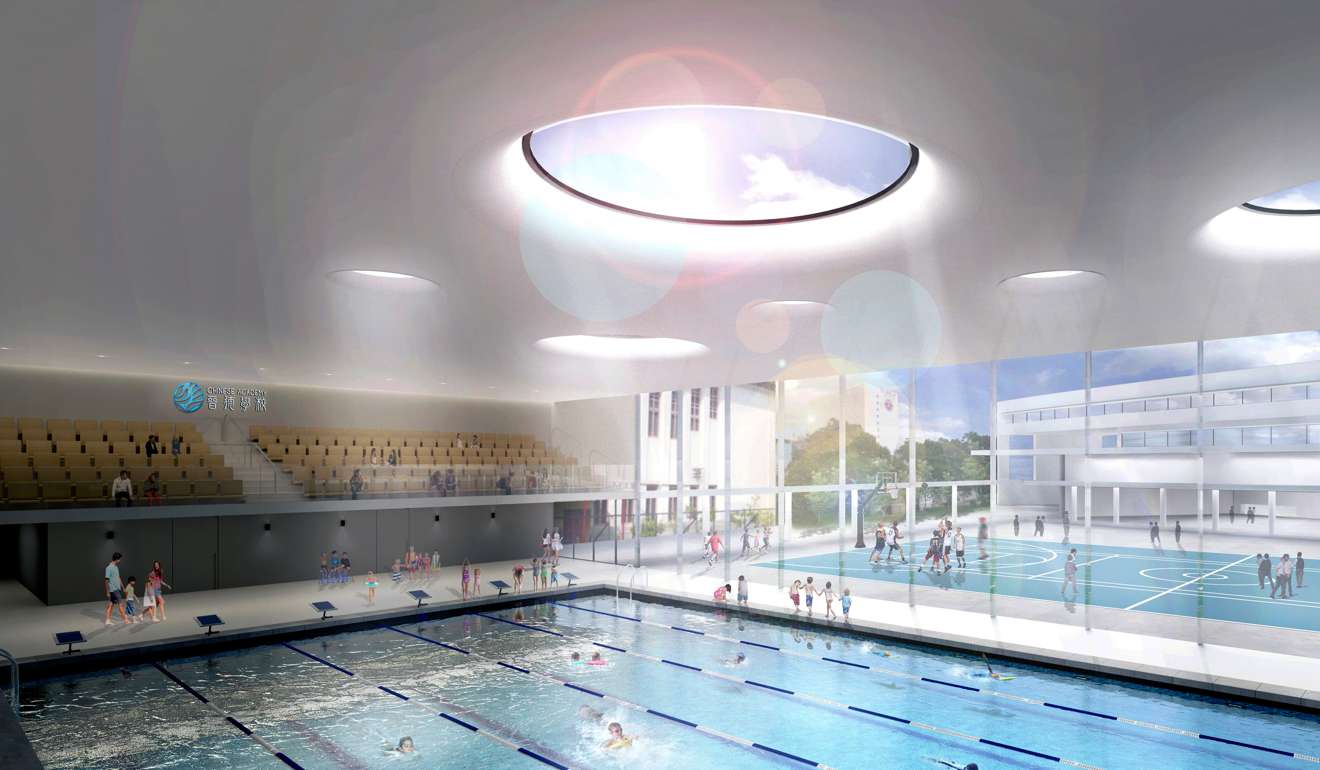
Lawmaker Ip Kin-yuen said the Chinese Academy could be a competitor to international schools given its high fees, but added there was already an oversupply of such places.
The current shortfall of 149 places in international primary schools will turn into a surplus in the coming academic year, with an oversupply of 3,526 places forecast by 2022, according to the government’s projections in February.
“There are more and more schools that charge high tuition fees, but how many students are there in Hong Kong that can actually afford them?” Ip said.